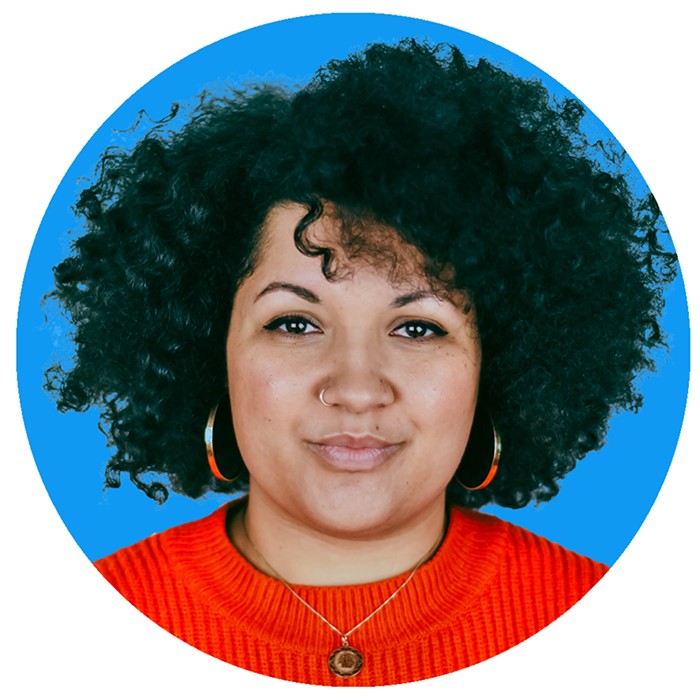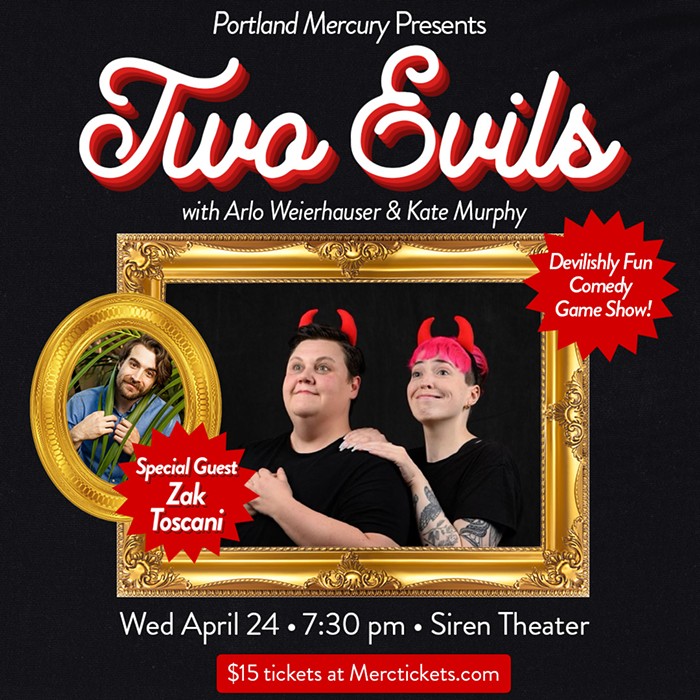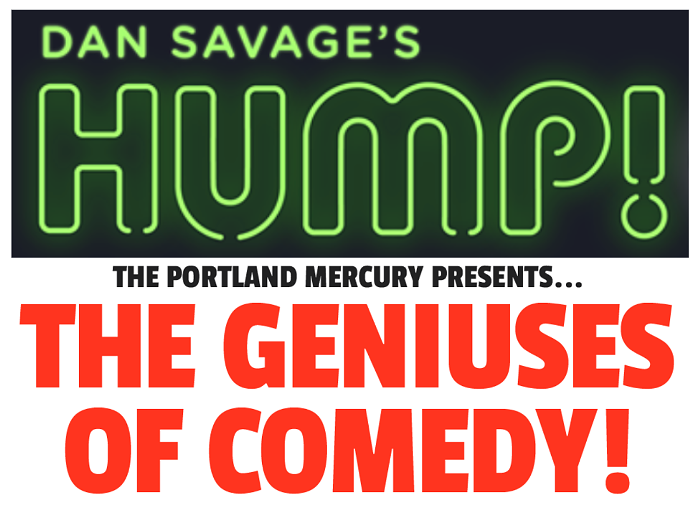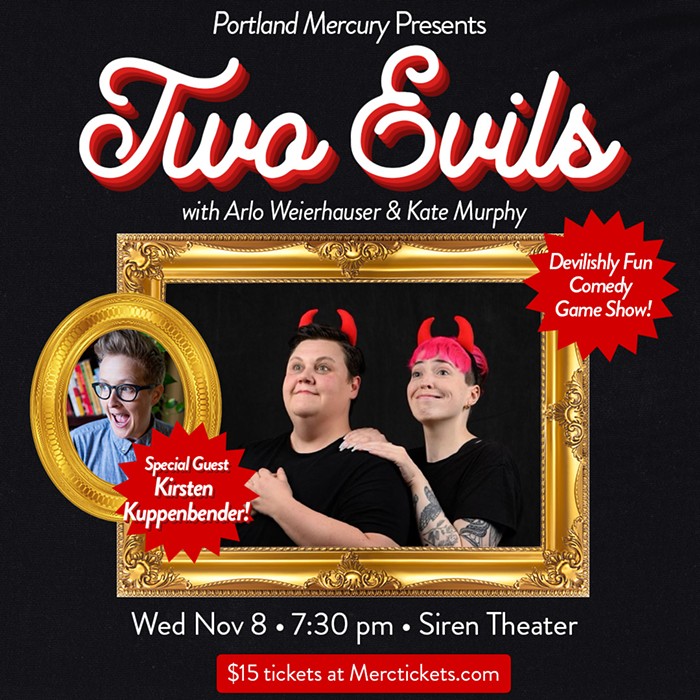
When I sat down last week to binge-watch both of Dave Chappelle’s new Netflix specials (The Age of Spin and Deep in the Heart of Texas), I was mentally prepared to be half-heartedly offended—as I always am before watching any stand-up that’s not Trevor Noah or Aziz Ansari. From the jump, the special was solid. He talks about being out of the game for 10 years, but not quite far gone enough to go on Dancing with the Stars. He also discusses in-depth a time when he bombed a show in Detroit because he got too high, and didn't care (“you are never getting your money back”), which to some symbolized his apathy toward the Black community and their hard-earned money.
“My own actions drew a wedge between me and the community I hold so dear,” says Chappelle as he goes into a story about ditching a charity event in Flint, Michigan to seize an opportunity to attend the Oscars for the first time with Chris Rock.
I’ve read so many thinkpieces about Dave Chappelle’s stand-up at this point, I’m not even sure what to think—let alone feel—anymore. As I’ve read in GQ, and on sites like Medium, Chappelle offended and triggered viewers with some transphobic and homophobic jokes in the special, and he made some insensitive remarks about rape that come about later in episode one. A lot of these thinkpieces are perfectly valid, and as someone who tries to embody intersectional feminism, I can’t disagree that Chappelle’s comedy is problematic. But then again, isn’t much comedy? So while I definitely noticed Chappelle’s ignorance on these topics, it was kind of what I expected from the 42-year-old comedian. And actually, it wasn’t nearly as bad as I expected it to be.
At first, I was hopeful that Chappelle’s bit about trans people and Caitlin Jenner would be tasteful and in good fun. “Wait a minute, is this a time in American history when an American can make a decision for themselves and even though other Americans don’t understand it, they’ll support it, and let this person live a happy life?” Chappelle mused. “If it is, then good for America.”
He then joked that as a Black American he was a little jealous of the trans community for being ahead in the “discrimination Olympics.” The politically correct copy chief in me cringed when Chappelle repeatedly referred to trans people as “transgenders,” and I didn’t laugh when he made a joke about a trans person pulling their dick out of a purse and putting it on a table. Chappelle then goes even further and embodies literal transphobia, describing the idea of a friend wanting gender reassignment surgery as “scary.” It was unbelievably tired and just plain unfunny.
To a point, Chappelle’s views and perspective are his own. But delivered on a multi-million dollar platform, his words have the ability to shape the minds of the next generation and validate the ignorance of others—particularly Black men. And come to think of it, I know many Black men who share Chappelle’s attitude about trans and other LGBTQ people. And like so many Black men, Chappelle seems to be so steeped in his own experience that he can’t see beyond it or empathize with the immense struggles of others.
He does, however, humorously acknowledge the unique privilege that comes with being not just any Black man, but the one and only Dave Chappelle—whether he’s getting pulled over by police, or being heckled at a show. And he explains the conflict that ensues when your famous comedy hero (Bill Cosby) turns out to be an (alleged) serial rapist. Since I, too, enjoyed the OJ: Made in America docu-series, I liked Chappelle’s timely stories about the four times he met OJ Simpson. There’s also a funny bit about the Care Bears (which could have been longer, and reminded me of his Sesame Street bits of yore); his recollection of the craziness of the ’70s which fostered Bill Cosby’s ability to become the “Steph Curry of rape;” and a closing section about attending a show and becoming jealous of longtime friend and fellow comedian Kevin Hart’s success. I really liked when he identified as a feminist, “or as we’re known on the streets: bitch-ass niggas.” That gave me a good hearty chuckle, because I know it’s most definitely true.
All that being said, the first comedy special almost wasn’t good enough to make up for Chappelle's ultra slow immersion into the wokeness pool. But I still enjoyed it, and episode two is significantly better. In the second special Chappelle smokes a cigarette on stage, asks “is the word 'pussy' offensive?,” impressively handles a drunk heckler, and makes significantly less insensitive jokes toward the LGBTQ community. I cackled loudly at my TV screen when he claimed the number one killer of Black people is actually “regular-ass table salt,” and then felt personally targeted since I was currently on a solo mission to devour a double batch of particularly salty truffle fries from Little Big Burger. Apparently no one—not even fat Black people—are safe from being made fun of.
I also enjoyed when he proudly identified himself as a pussy (a joke not too dissimilar from one Trevor Noah made in his new Afraid of the Dark Netflix special), saying he’s “soft and warm and persuasive.” Chappelle’s further elaboration on the pussy, and how it’s talked about by artists like 50 Cent and Lil Wayne, was enough inspire a teary laugh and mild cough from me. He also discussed some gay bloggers who said Chappelle’s jokes were an affront to the manhood of gay men everywhere. Chappelle’s rebuttal: “I know you’re men! In fact, what could be manlier than fucking another guy in the ass? That’s the most gangster shit I’ve ever heard about in my life. I told you I’m not cut out for that, I’m a pussy.”
I do wish he hadn’t immediately followed up this excellent bit with remarks about how it’s unfair he has to “change up his whole pronoun game” for other people’s gender identities. And I really wish he hadn’t compared it to being “transracial.” Really, Dave? Not the same thing. Do your Googles. As a very famous cis Black man, Chappelle's lens is clearly limited.
But while I disagree with Dave Chappelle on a few issues, it’s his delivery—calm, eloquent, reflective, and dubious—that had me rolling. He thoroughly explains his perspective, plays devil’s advocate, and admits there are many moments when he throws his integrity completely out the window. And as one of my friends pointed out, he has a way of making everything seem foolish regardless of how serious the topic. And I thoroughly enjoy whenever he gets into stories about his domestic life as a husband and father. Chappelle is like your successful uncle who you look up to, and makes you laugh even though he sometimes reveals that he’s a bit behind the times.
And just like with a lot of misogyny in high quality hip-hop, it’s much easier to tolerate a little ignorance when a comic makes us laugh this much. If it's funny, it's funny. (After all, Cedric the Entertainer’s latest special is just as homophobic, but no one cares about that because it’s not very funny.) Despite Chappelle’s glacial pace at progressive thinking, I’ve watched his second special three times now. While I definitely think he can do better than this (and he should certainly come aboard in fighting misogyny and ignorance under Trump’s regime), I do think he’ll get here eventually. For the moment, I guess I just feel glad he’s back in the game and giving me laughs at a time when they’re needed most.



















